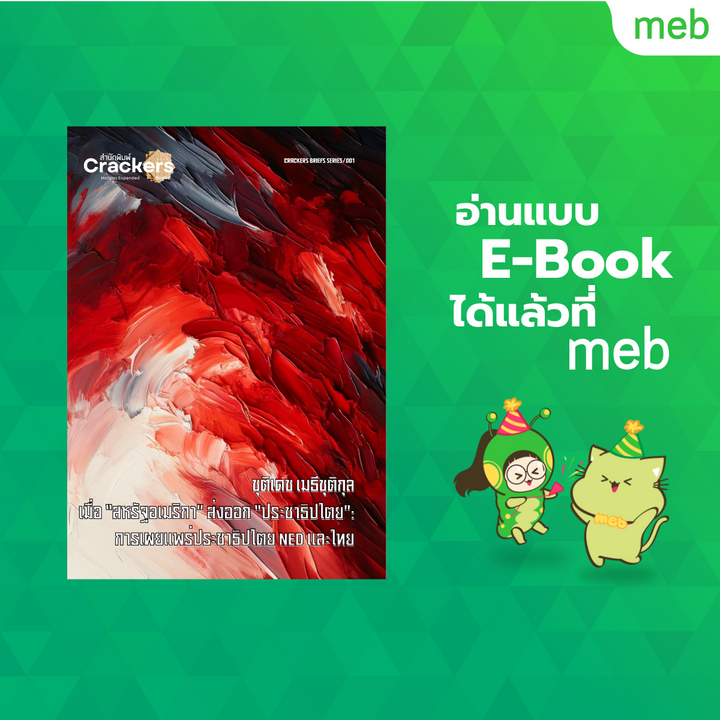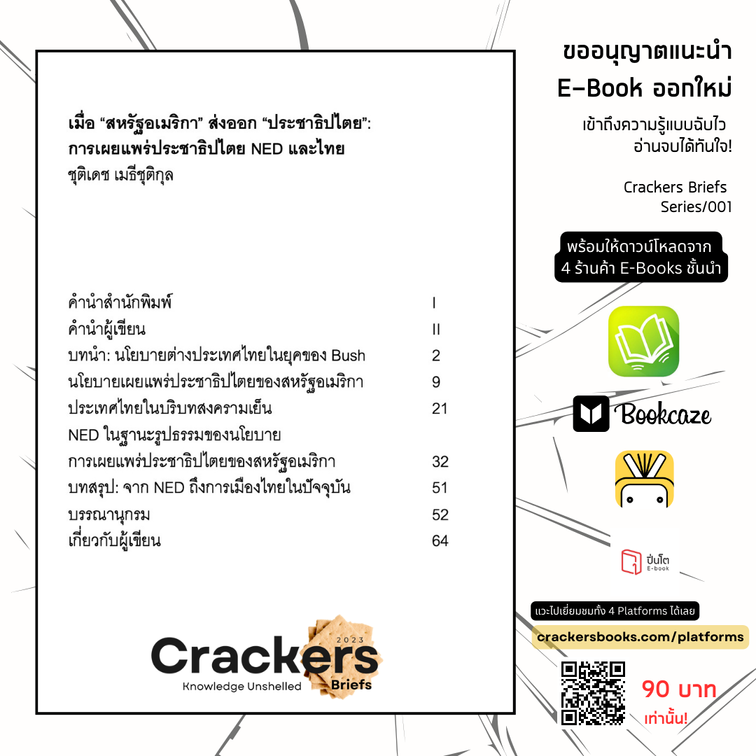Published by Crackers Books,
21 June 2024
https://crackersbooks.com/papercrunch
Research Paper Crunch\\
Lifelong Learning in the Educational Setting
Thwe, W. P., & Kalman, A. (2024). Lifelong learning in the educational setting: A systematic literature review. The Asia-Pacific Education Researcher, 33(2), 407-417. https://doi.org/10.1007/s40299-023-00738-w
Introduction
Lifelong learning has become a pivotal focus in educational research, addressing the need for continuous learning beyond formal education. The systematic literature review by Win Phyu Thwe and Anikó Kálmán, published in the Asia-Pacific Education Researcher, explores the landscape of lifelong learning from 2000 to 2022. It examines theoretical frameworks, empirical research, and identifies key trends and methodologies in lifelong learning across different countries.
Key Findings
- Concepts and Theories: The review identifies that lifelong learning encompasses various skills and competencies, categorized into formal, non-formal, and informal learning. The most prominent concepts are lifelong learning skills, competencies, and the types of learning. Despite extensive theoretical papers, a robust and unified theory of lifelong learning is yet to be developed.
- Research Trends: The analysis reveals three primary research areas:
- Conceptual frameworks or policies of lifelong learning.
- Lifelong learning abilities, including skills and competencies.
- Factors influencing lifelong learning and its abilities.
- Methodologies: Most studies employed qualitative or quantitative methods, with only a few using mixed methods. The review emphasizes the need for more mixed-method research to provide a comprehensive understanding of lifelong learning.
Strengths
- Comprehensive Analysis: The review covers a broad timeline (2000-2022) and includes a diverse range of studies, ensuring an extensive understanding of the trends and developments in lifelong learning.
- Identification of Gaps: By highlighting the lack of empirical studies compared to theoretical ones, the review points out critical areas needing more research, such as the development of a cohesive theory for lifelong learning.
- Policy and Practical Implications: The review provides insights into how lifelong learning policies can be formulated and improved, aiding educational institutions and policymakers in supporting lifelong learning more effectively.
Weaknesses
- Limited Scope of Databases: The review is confined to articles from specific databases (Web of Science, Scopus, ProQuest) and open-access sources, potentially overlooking relevant studies not indexed in these databases.
- Lack of Regional Balance: The majority of the studies are from Europe and the Middle East, with fewer from Asia. This imbalance may affect the generalizability of the findings across different regions.
- Insufficient Mixed-Method Studies: The review notes a scarcity of mixed-method research, which limits the depth of understanding that could be achieved through more integrative approaches.
Lessons Learned
- Need for a Unified Theory: There is a pressing need to develop a comprehensive and cohesive theory of lifelong learning that can guide future research and practice.
- Importance of Mixed Methods: Future research should integrate both qualitative and quantitative methods to provide a holistic view of lifelong learning phenomena.
- Regional Diversity: Expanding research to include more studies from underrepresented regions like Asia will enhance the applicability and relevance of lifelong learning research globally.
- Policy Development: Effective lifelong learning policies should consider diverse learning environments and the varying needs of learners at different life stages.
Conclusion
The systematic literature review by Thwe and Kálmán offers valuable insights into the current state of lifelong learning research. It underscores the need for more empirical studies, particularly using mixed methods, and highlights the importance of developing a unified theory. By addressing these gaps, future research can better support the evolving landscape of lifelong learning, ultimately fostering a culture of continuous personal and professional development.
ราคา 150 บาท
สั่งซื้อได้ที่ Shopee
ติดต่อโฆษณาได้ที่ อีเมล์ crackersbooks2023@gmail.com







